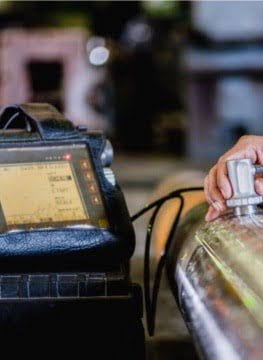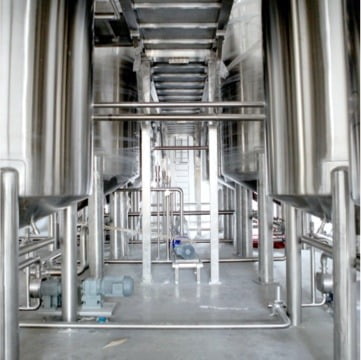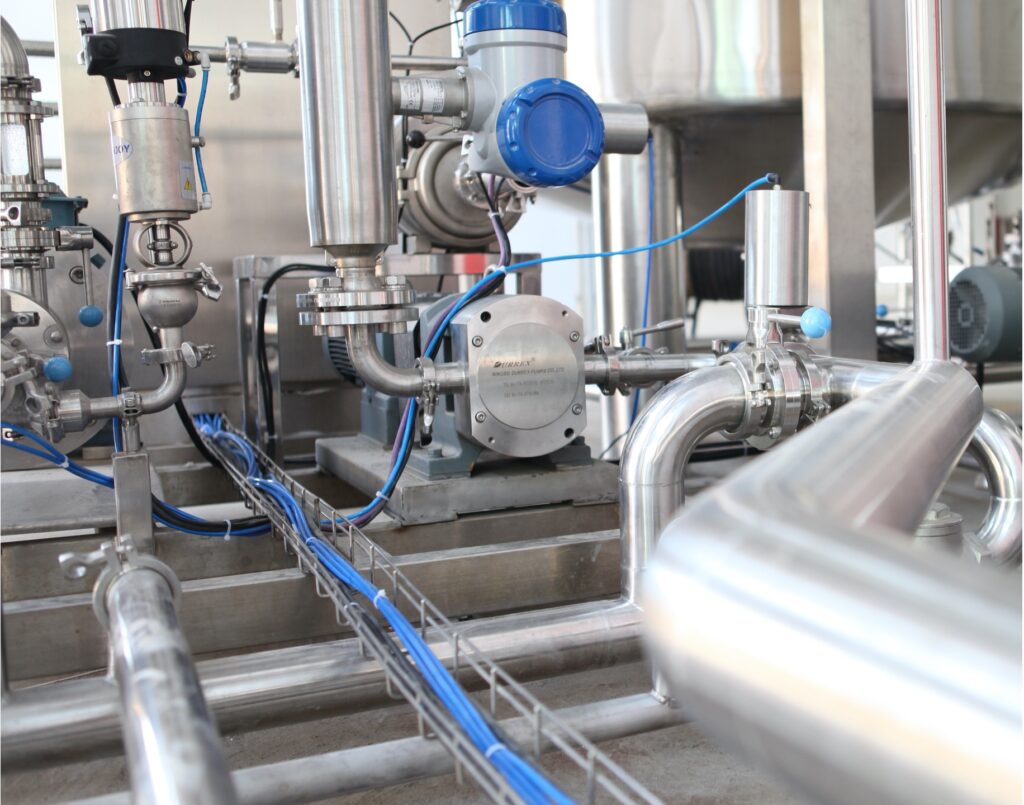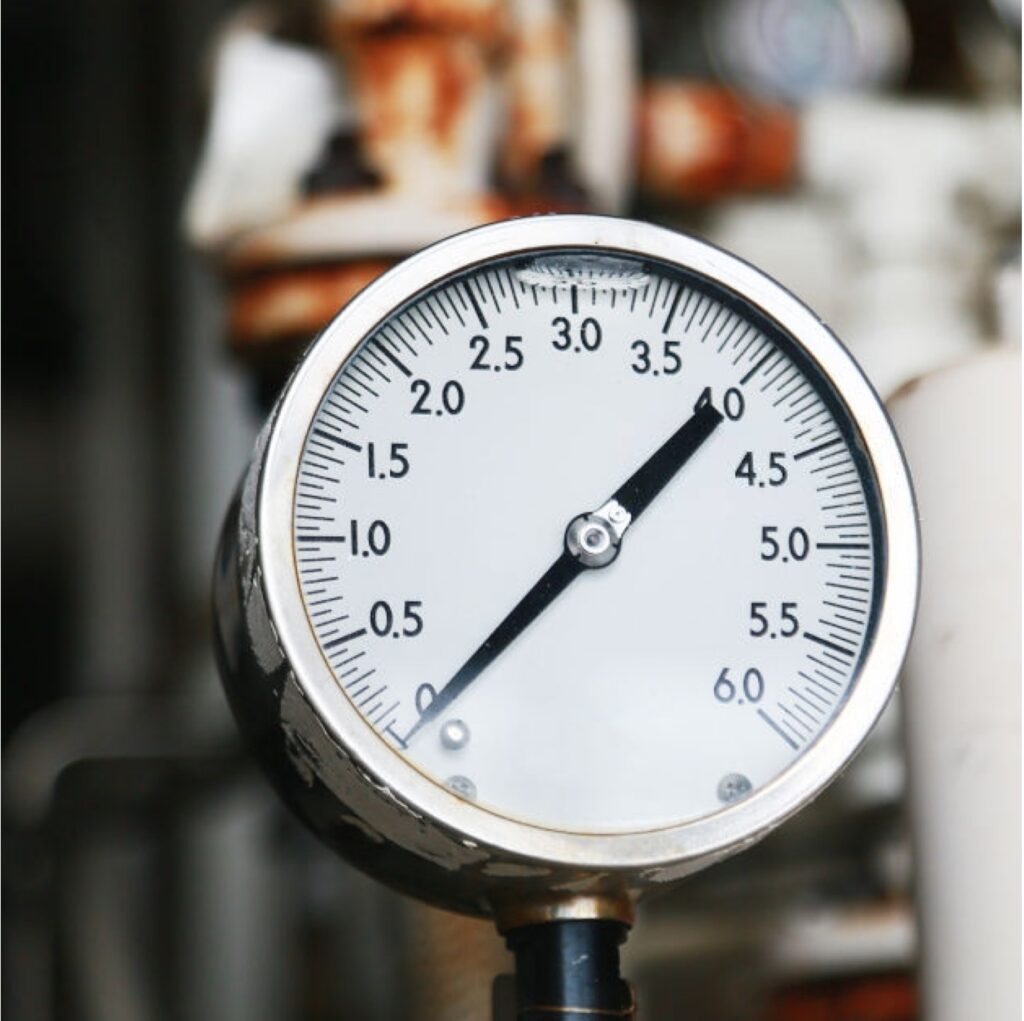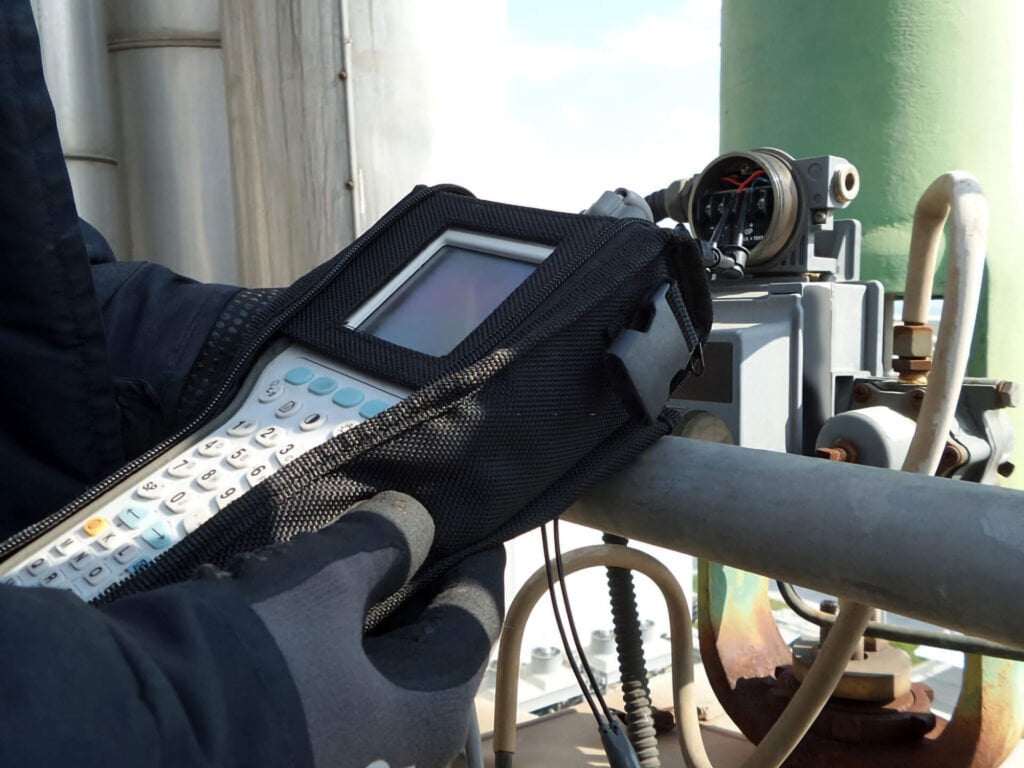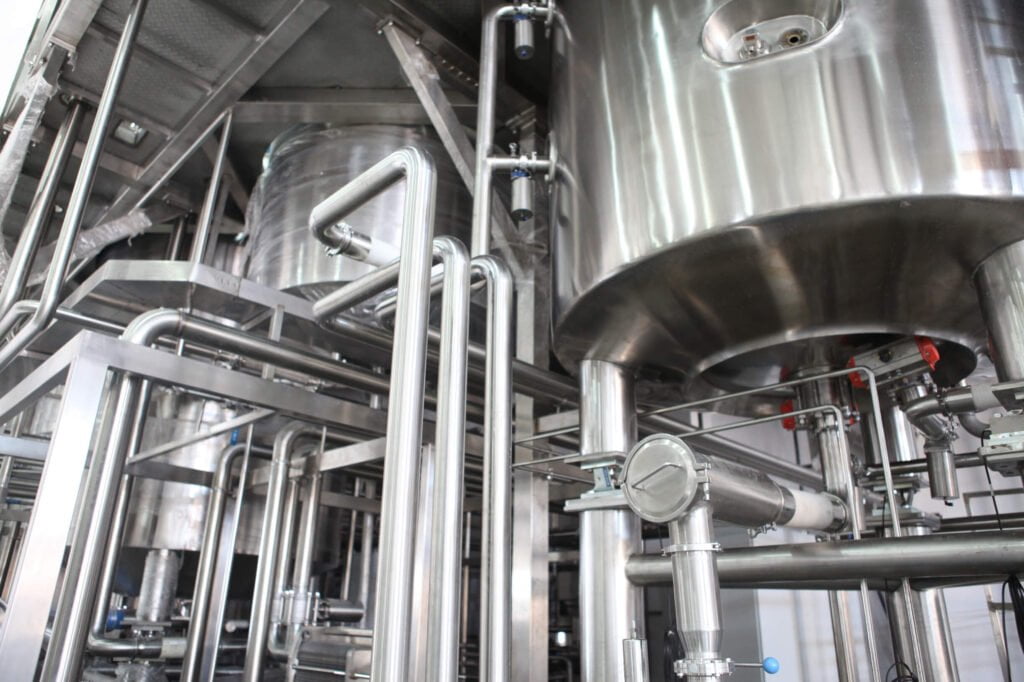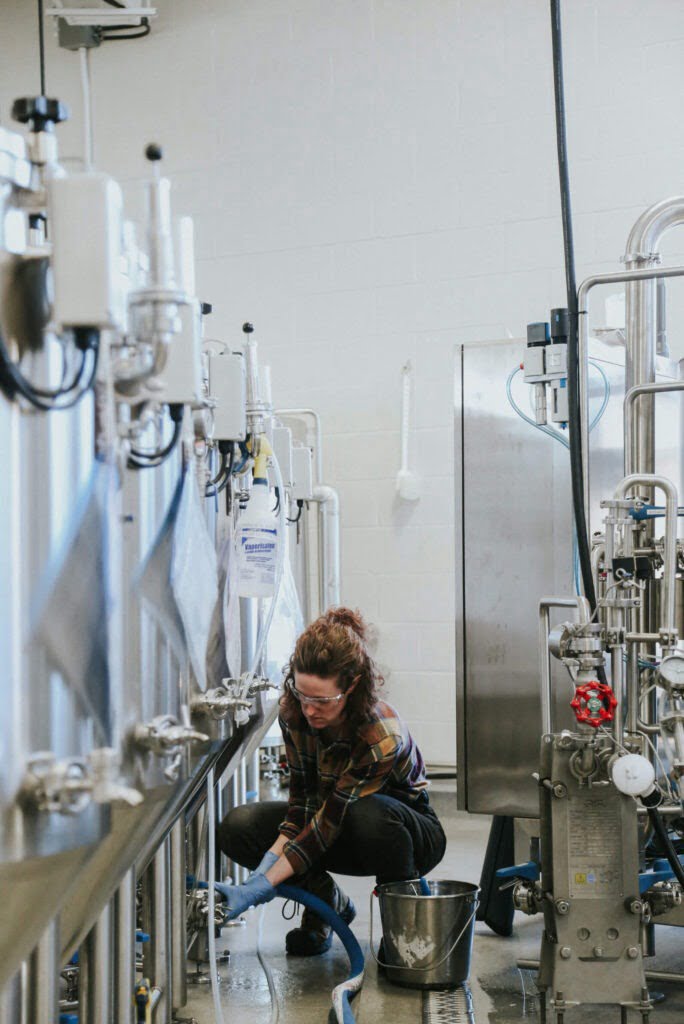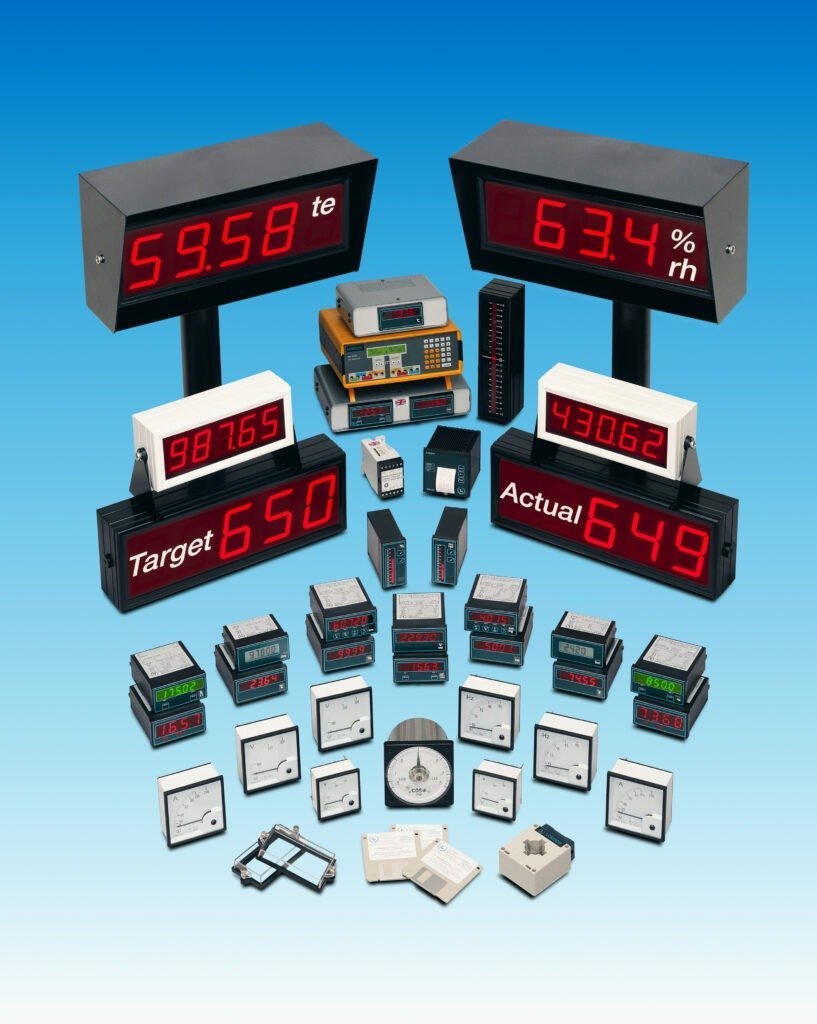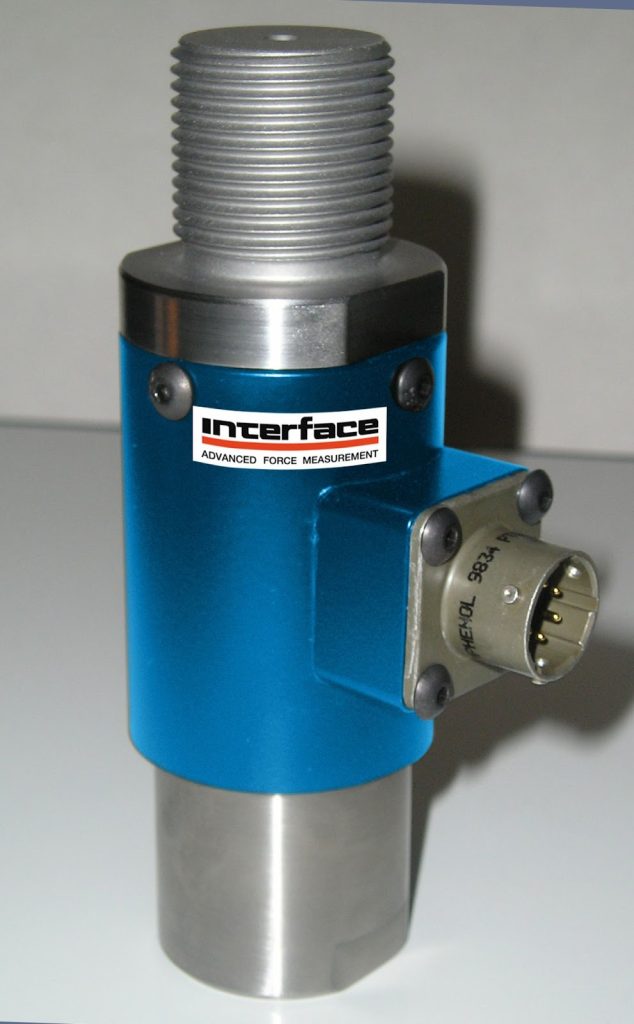Let us answer the question: “Why should we calibrate?”.
It is good to remember the old rule: “All measurement devices measure wrong, and calibration tells us how wrong they are.”
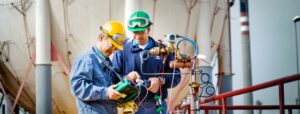
As the technology of systems and installations become more complex, the requirement for more sophisticated and accurate test and measurement equipment increases. With high speed processing and communications, fast protection and safety services and state of the art processing and manufacturing systems, people need reliable and accurate test and measurement equipment to work with.
The calibration of instruments is all about confidence in the measurement results you are working with. Calibrating your instrument assures you that your measurements are accurate within the specification limits that led you to select the instrument in the first place.
The first question to answer is: ”What is calibration?”
“Calibration is a comparison between a known measurement (the standard) and the measurement using your instrument. Typically, the accuracy of the standard should be ten times the accuracy of the measuring device that is under tested. Generally, calibration also includes repair of the instrument if it is out of calibration.”
All measurement devices tend to drift over time causing a measurement error, unless calibrated at certain intervals. That measurement error is the difference between a measured value of quantity and its true value. Such errors tend to become more frequent the longer a device is in operation. At some time, the deviations might be so great that they are no longer within the specifications, which means that quality is no longer assured. Of course more modern instruments drift less than old-fashioned ones.
In many industries there is a need to comply with regulations that require the equipment to be calibrated at certain intervals. These regulations include ISO9000, ISO14000, FDA regulations and many more.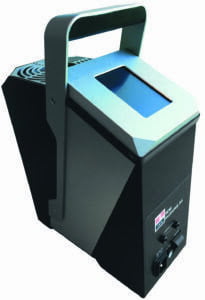
A process plant takes in raw material and converts it to finished products, trying to do it as effectively as possible. Keeping all the critical process measurements accurate with regular calibrations helps to keep the plants working more effectively and produce more output and money.
Money is an important reason for many things, and this also counts for calibration. When the money transfer or invoicing is based on measurements, it is clear that the more accurate the measurements are, the more accurate the money transfer is.
Another very important motive for calibrating is safety. This includes employee safety at the plant, ensuring that the plant is a safe place to work. It also includes customer safety, for example in the food and pharmaceutical industry.
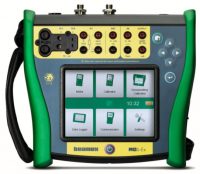 The environment is also something that is needed to be taken good care of. The various emissions of an industrial plant are measured with measurement devices, and keeping these accurate with regular calibrations helps to keep the environment clean.
The environment is also something that is needed to be taken good care of. The various emissions of an industrial plant are measured with measurement devices, and keeping these accurate with regular calibrations helps to keep the environment clean.
This was a short summary on the reasons why to calibrate. AMS can offer more detailed information if you are interested.
AMS uses certified calibration laboratories to have their equipment calibrated to NATA standards ensuring your equipment will perform properly. AMS further ensures that your equipment is fully functional with any updates uploaded as required and cleaned. Any service requirements that are needed will be discussed with the client prior to commencement
